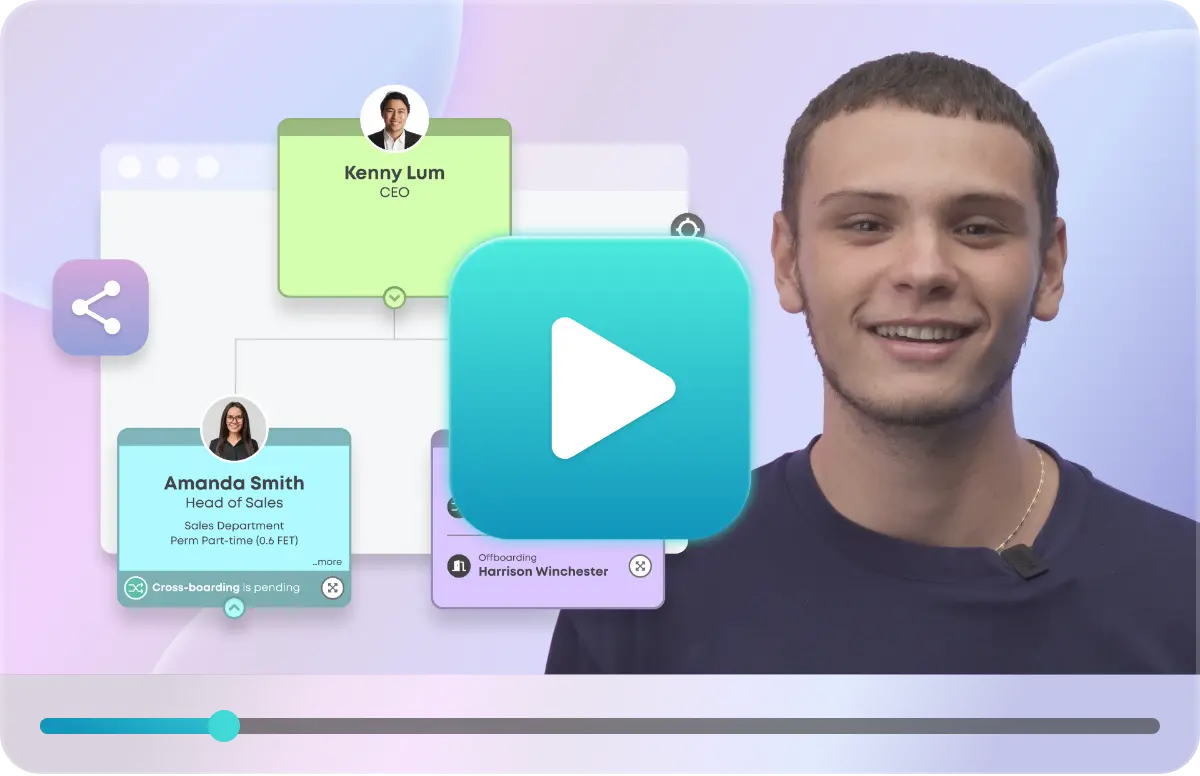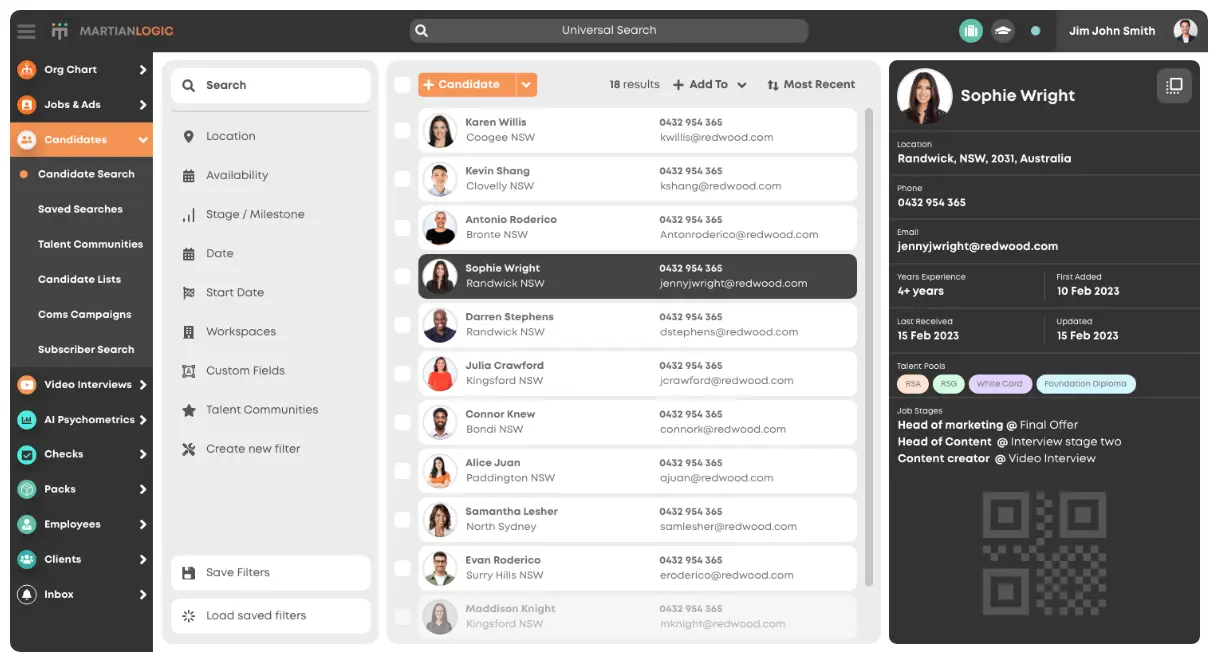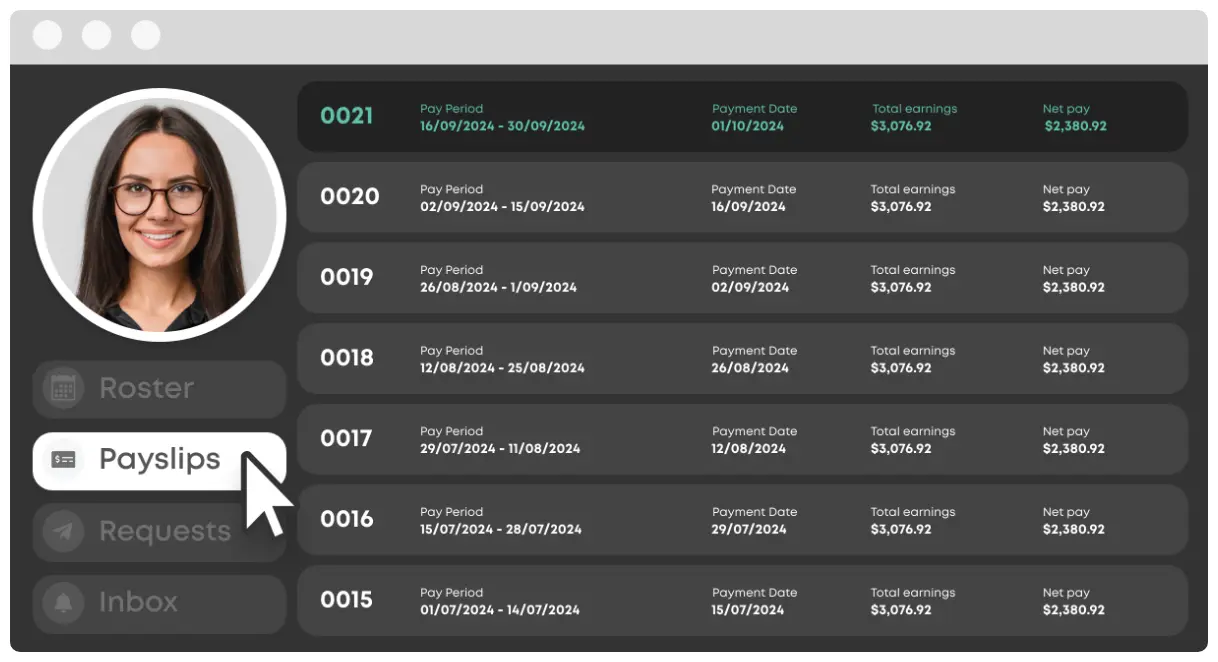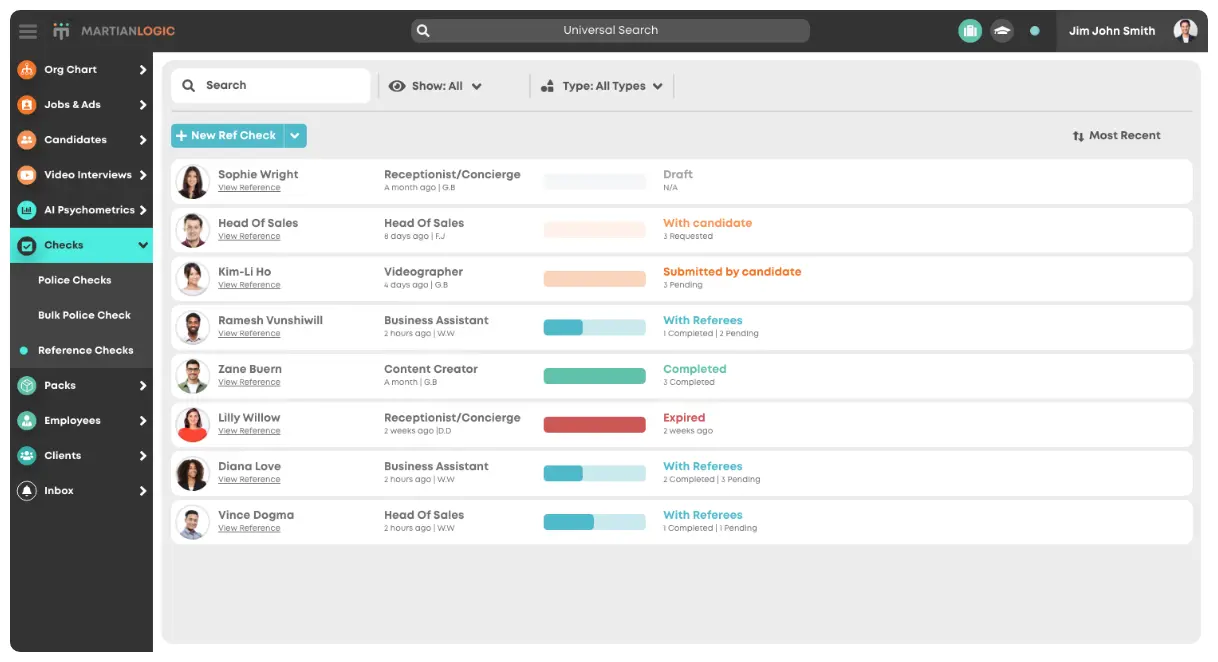What is HRIS?
Human Resources Informations System (HRIS):
By eliminating administrative burdens in these areas, a Human resource information system (HRIS) gives your HR team their time back, allowing them to focus on the strategic initiatives that truly drive your organisation forward.

Which Areas Does A Human Resource Information System (HRIS) Focus On?
- Recruitment – Handle all your hiring needs from requests-to-hire and job ads, to custom e-forms, video responses, applicant tracking, candidate pools, and more.
- Employee Onboarding – Seamlessly welcome and integrate new employees into your organisation with customizable digital onboarding packs, mobile-enabled signing, automated text messages, and more.
- Change of Employment Conditions – Give executives and managers the power to affect changes to employment records of employees themselves, whether that is updating remuneration (REM) details or making a change to their working hours.
- Employee Offboarding – Ensure the smooth and effortless offboarding of employees with end-to-end data flow and auto-triggered notifications.
Benefits of HRIS.
Saves Time & Money
- Efficiencies – A Human resource information system (HRIS) eliminates paperwork and lengthy emails by turning your traditionally time-consuming HR processes, into something you can do with just a few clicks.
- Automations – Custom automations trigger throughout all HR processes to ensure seamless communication, eliminate manual follow-ups, and optimize HR functions for efficiency, time savings, and cost reduction.
- Modern & Slick Platform – With an intuitive interface, a Human resource information system (HRIS) prioritizes everyone’s comfort, making processes stress-free and quick. Its easy navigation empowers managers and employees to handle tasks independently, reducing the reliance on HR teams for minor changes.
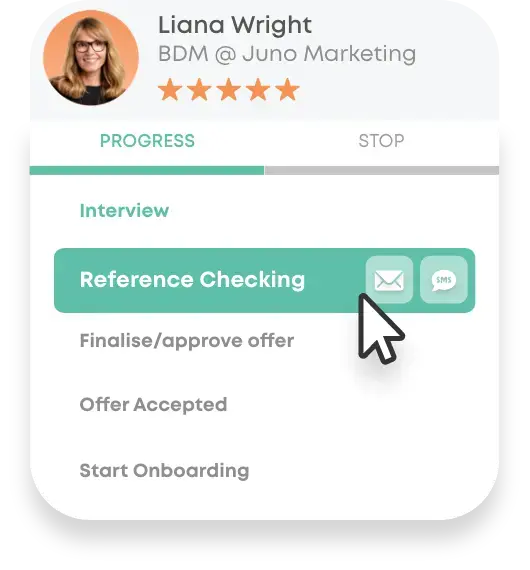
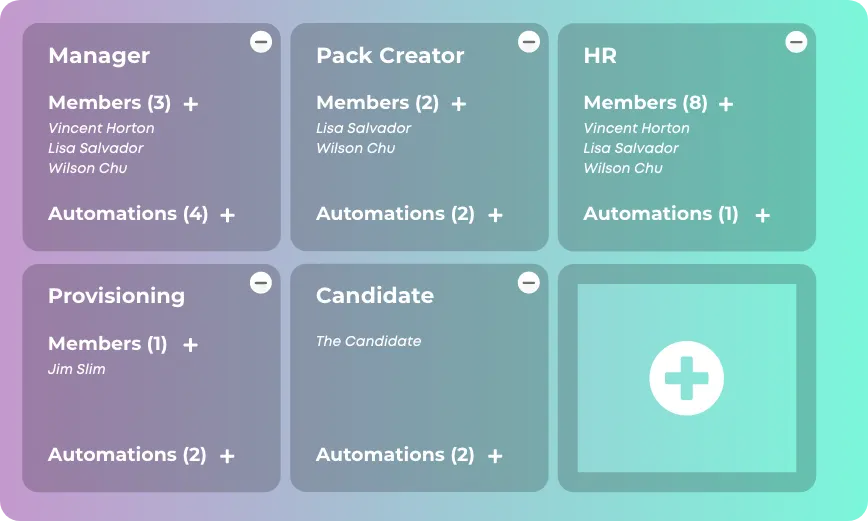
HRIS Ensures Compliance
- Custom Built HR Processes – Customize HR processes and workflows stage-by-stage to align with your organization’s unique policy and industry needs, preventing missed steps in critical stages such as police and reference checks.
- Convenient Management of Compliance documents – Ensure the secure storage of all types of compliance documents for quick retrieval when needed.
- Leverage Automatic Reminders – Customize reminders for compliance document expirations to eliminate manual tracking and last-minute updates. From licenses to certifications, the system keeps you informed, ensuring compliance and safeguarding your organization.
High Return On Investment (ROI)
One giant leap for HR.
Manage everything from employee data to HR processes from one convenient platform.
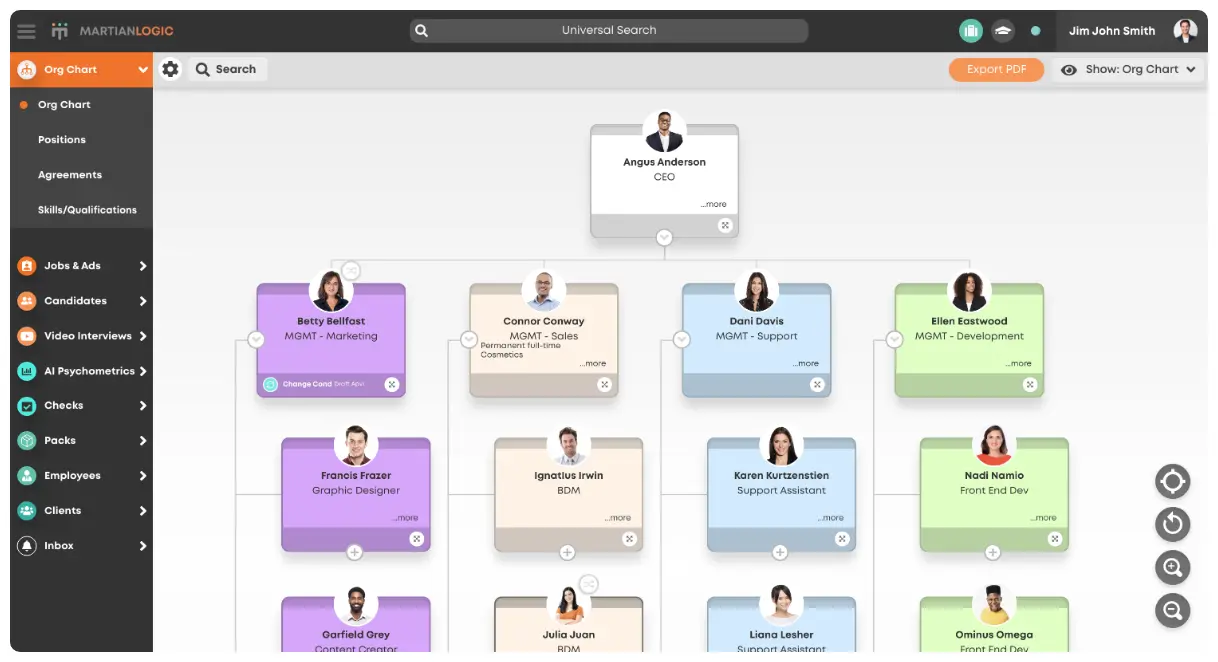
Get started today.
No set-up cost
Up & Running in weeks not years
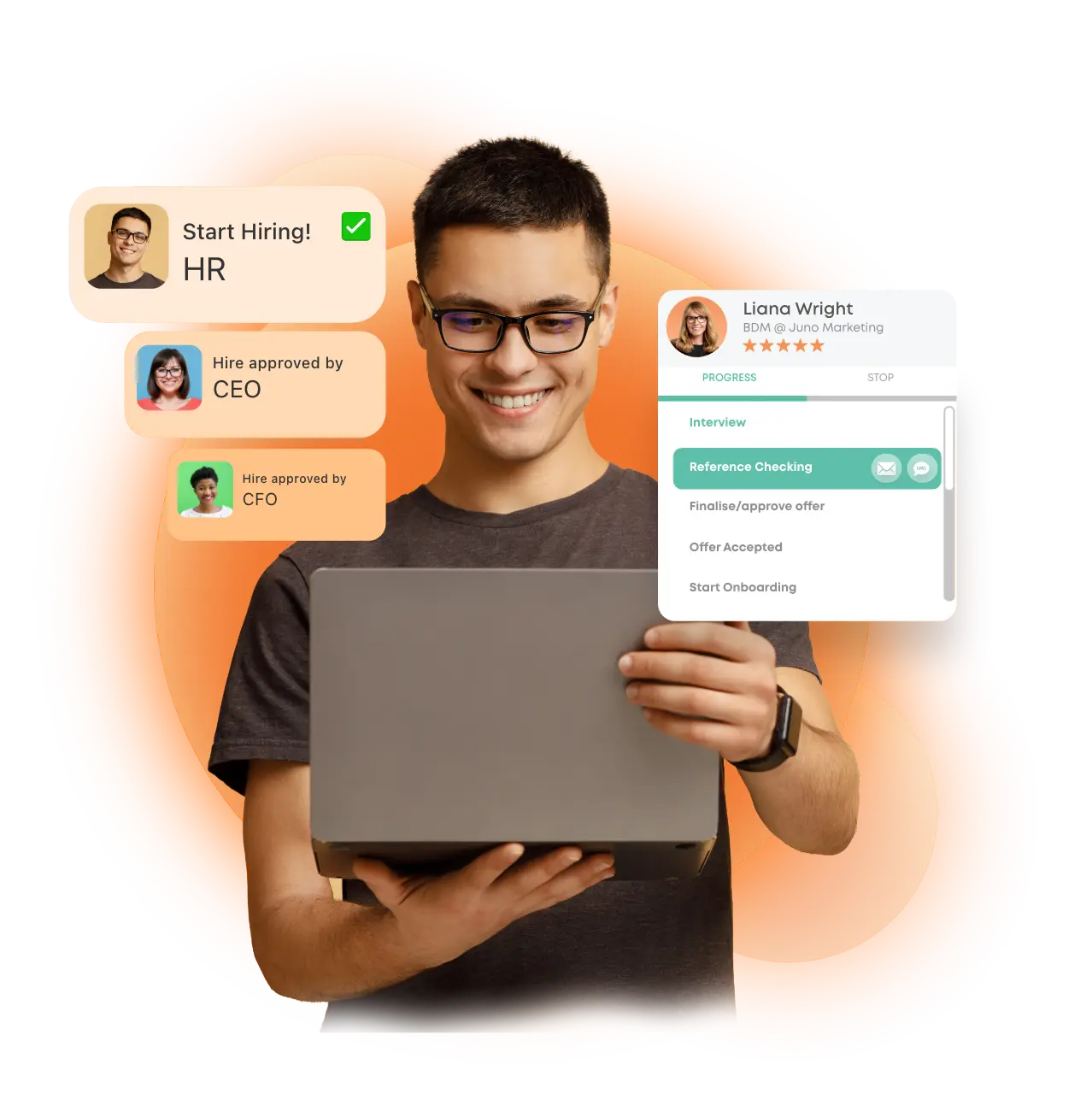
Our free plan
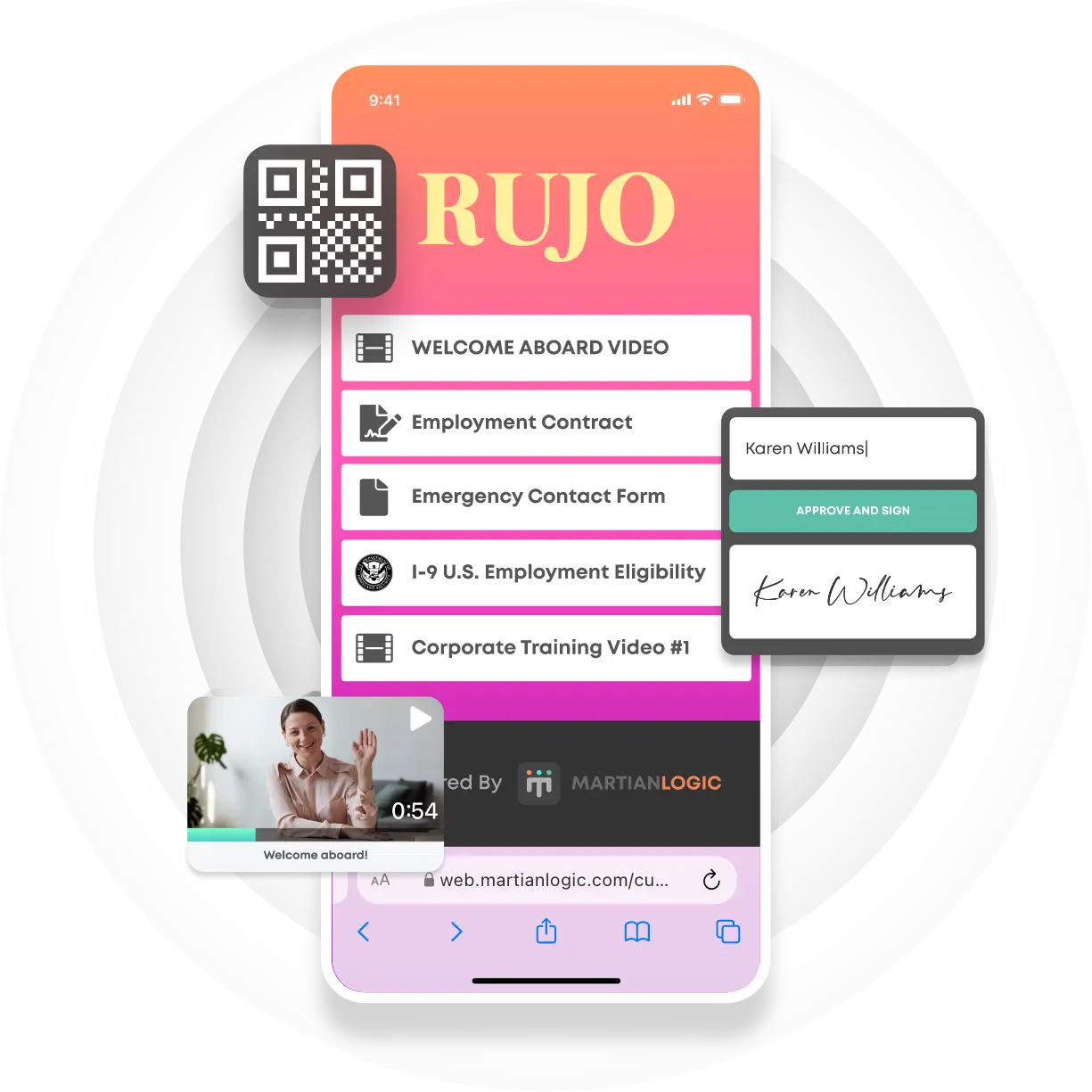
WATCH PLATFORM
DEMO
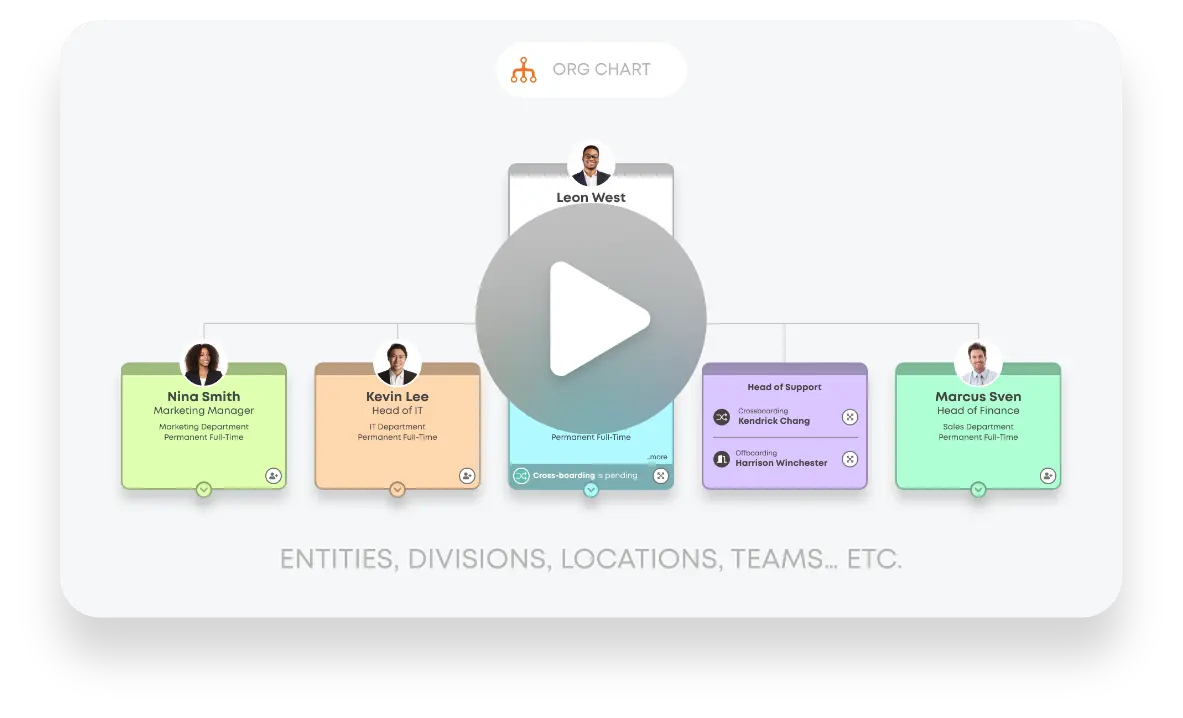
What features and functions should you look for in an HRIS software?
- Core HR: The ability to manage people and their data in a centralized platform. This includes features such as an organizational chart, position library, employee dashboard, employee database, and employee lifecycle management.
- Comprehensive Employee Lifecycle Management: Streamlined employee lifecycle management ensures data can flow smoothly between all stages of the lifecycle where necessary. The stages of an employee lifecycle that are most important to look for when choosing your HRIS software solution are: requisition, recruitment (ATS), offer approval, onboarding, change of conditions, cross-boarding, and off-boarding.
- Employee Self-Service (ESS): Provides employees and managers with a portal to review leave requests, payslips, and update their personal information, removing the admin burden from HR. The key components of an ESS include an employee portal, leave requests, online payslip access, employee resource access, performance management, and an internal job board.
- Custom access control: Allows you to customize the access of all users, ensuring they can only access or edit data that meets their clearance level. This gives you control over your data and how it is managed.
How do I choose the right HRIS solution for my organization?
Determine your requirements: Ask yourself: What benefits do you wish to gain from HRIS? Are they possible? Also think about company-specific requirements such as integrations, multi-brand management, technology constraints, and so on. All of this will help give you a clearer picture of what it is you need from an HRIS.
Decide on a budget: HR systems vary in price points to accommodate different organizations. Be careful as you may have to factor in set-up, training and support costs as with some vendors this will take a large chunk of your budget.
Research: Once you start doing some research on platforms and features, you can start to prioritize your needs from your ‘nice-to-haves’. Complement your research further by seeking out testimonials and reviews for vendors to better ensure ROI.
Talk with vendors: Begin contacting your top HRIS providers for demos. With the strong foundation you have built in terms of knowing your restrictions, determining your budget and must-have features you will be able to ask the right questions and get the ball rolling quickly.
What does HRIS stand for?
HRIS stands for Human Resources Information System. This is an adaptable software solution designed to help HR teams manage everything from employee and position data, to workflows and processes. It covers the full spectrum of the employee lifecycle, allowing you to efficiently carry out recruitment, onboarding, change of employee conditions, and offboarding among other crucial functions. It is the go-to tool for organizations looking to enhance collaboration between managers and HR teams, ensure data accuracy to hold against employee records, and grant HR teams more time to focus on strategic initiatives.
HRIS vs. HRMS vs. HCM
Human Resources Information System (HRIS) serves as a central hub for managing all HR-related data and processes such as employee and position information, remuneration, organizational charts, recruitment and onboarding, change of conditions, offboarding, and more.
Human Resources Management System (HRMS) is traditionally known to build upon HRIS software by introducing management and automation features. However, in this day and age, it is often used interchangeably with the term HRIS as both encompass these capabilities.
Human Capital Management (HCM) offers an even more comprehensive HR solution that extends the capabilities of HRMS and HRIS systems to integrate tools aimed at macro-level processes such as employee engagement and career development.
How can an HRIS help a company?
An HRIS can benefit a company in many ways, but here are 3 of the primary impacts.
Save Money: An HRIS is the go-to tool for saving costs while boosting efficiency. Equipped with custom automations and hundreds of features, this platform makes sure everyone stays in the loop and up-to-date with employee changes, eliminating manual follow-ups and ensuring smooth operations.
Improves A Company’s Compliance: Helps to ensure that a company's HR efforts are compliant with industry laws and regulations by allowing you to customize processes, capture compliance documents (i.e., certifications and qualifications), and set automatic reminders for license expirations.
Positive Experiences For All: Modern HRIS platforms enhance the experiences of all users (executives, managers, HR professionals, and employees) by providing a single platform for HR management and allows employees to effortlessly access the information they need. With a slick design and user-friendly features, everyone can efficiently and independently manage their tasks within the system, minimizing the need for heavy reliance on the HR team for admin tasks.
Should I get an HRIS for my business?
Implementing a Human Resource Information System (HRIS) can bring several benefits to your business, including improved employee engagement, stronger compliance, time and cost savings, increased efficiency, and more.
The decision to get an HRIS should be based on your company's specific needs and priorities, as well as the available budget and the potential for integration with existing HR systems. If you are considering an HRIS, it is important to find the right software that aligns with your business needs and is easy to use, fully customizable, and ensures a pricing model with no-lock in contracts.
Does HRIS include payroll?
No, it doesn’t. However, an HRIS such as Martian Logic includes integrations with payroll software such as Aurion, Preceda, Sage MicrOpay, MYOB’s PayGlobal, ADP, Xero, Definitiv, KeyPay, and more. This ensures that you get the best of breed – the best quality HRIS, as well as the top payroll services for your needs.

